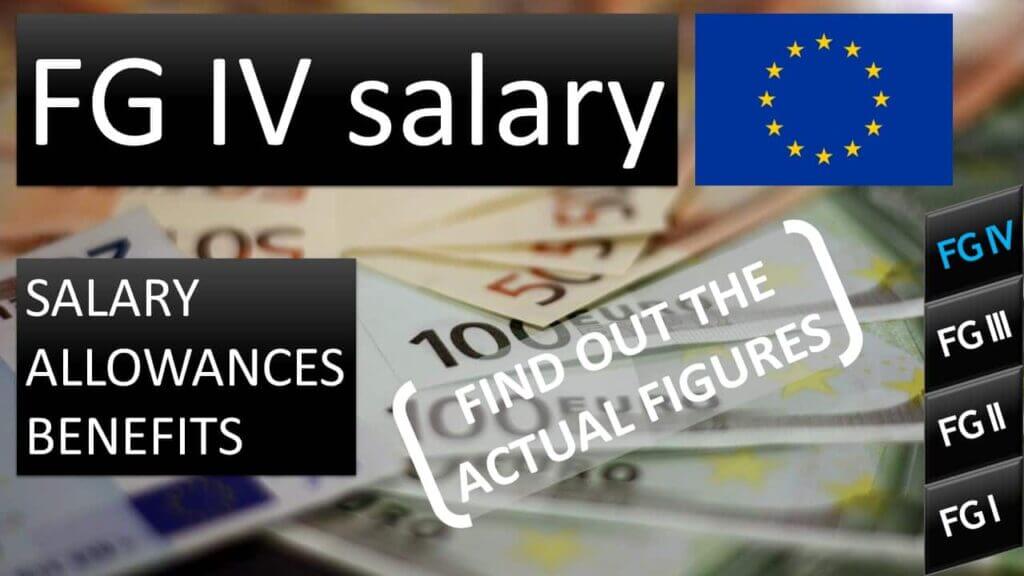Brussels, 16 March 2024
After years of negotiations, European Union institutions have finally in principle agreed on the establishment of an independent ethics body to monitor potential conflicts of interest and unethical behaviour among lawmakers and officials in all EU institutions.
The breakthrough came during a recent conference where representatives from seven EU institutions, including the European Parliament and the European Commission, endorsed a draft proposal to create the EU Independent Ethics Body (IEB).
The push for an ethics watchdog gained momentum following the 2022 corruption scandal, known as “QatarGate,” which highlighted the need for stronger measures to protect the EU’s financial interests and restore public trust in its institutions.
Under the agreed proposal, the IEB will be composed of five independent experts tasked with investigating potential conflicts of interest, revolving door cases, and other ethical breaches involving EU Commissioners, Members of the European Parliament (MEPs), and staff members of participating institutions.
The body will have the power to launch administrative investigations based on information from third parties such as journalists, NGOs, or whistleblowers, and will be able to guarantee anonymity when necessary. It will also advise on ethics rules before, during, and in some cases after an individual’s term of office or employment.
Additionally, according to the draft proposal the IEB will collaborate with national authorities and other EU bodies, raise awareness, provide guidance, and issue recommendations on ethical matters.
The agreement represents a significant step forward after the European Parliament initially deemed a previous draft proposal “unsatisfactory” in 2023, citing concerns over the body’s limited powers and scope.
Lead negotiators Katarina Barley, European Parliament Vice President, and Daniel Freund, a German Green Party representative, hailed the agreement as a “great success for the transparency and integrity of the EU institutions.”
While welcoming the development in principle, Transparency International EU (TI EU) expressed doubts about the IEB’s effectiveness, arguing that it fails to address the core integrity problems across EU institutions and lacks effective independent monitoring, oversight, and sanctioning mechanisms. TI EU warned that without adequate resources, the ethics body might merely “window dress critical lapses in the EU’s integrity framework.”
The European Parliament’s Committee on Constitutional Affairs will now draft a report on the proposed body, which will be put to a plenary vote in April 2024. If approved, eight EU representatives and five independent experts must be selected before the IEB can become operational.
FURTHER READING:






